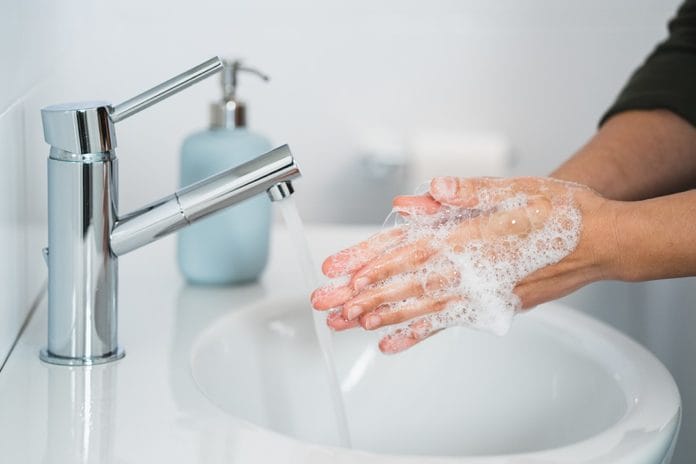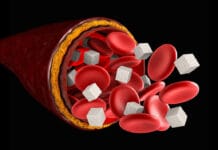Knowledge About Hand Hygiene In The Generation Z: A Questionnaire-Based Survey Among Dental Students, Trainee Nurses And Medical Technical Assistants In Training, created by Claas Baier, MD, Urs-Vito Albrecht, MD, et al., addresses the question that we all want to know right now. As Generation Z enters the dental and medical workforce, what are their knowledge and practices when it comes to washing their hands? Every generation has been studied, and each generation has a different excuse for not washing their hands in every warranted situation. Besides putatively destroying the diamond industry and wiping the world of avocado toast, Millennials in medical fields honestly claimed that general laziness was behind their reason for not washing their hands as much and as effectively as they should in a previous study asking essentially the same question.
We all know how crucial handwashing is in the dental and medical fields, and researchers in Germany want to know how much knowledge the people who care for patients every day had when it came to the factual details. Dental students, nurse trainees, and med-tech assistants were given a World Health Organization’s assessment called Hand Hygiene Knowledge Questionnaire for Health-Care Workers, which is updated regularly based on new and current knowledge and practices. The first eight questions on the questionnaire are multiple-choice, and the last two questions are written-based and must be answered completely to be considered correct. The goal is to optimize educational strategies to emphasize what they seem to lack. The questions are:
- How are pathogens transmitted in a hospital setting?
- Where do the pathogens that cause nosocomial infections originate?
- When should hygienic hand disinfection be performed?
- What type of hygienic hand disinfection is important to prevent transmission of a pathogen to a patient from a healthcare worker?
- Which of the following hygienic hand disinfections are important to prevent pathogen transmission from a patient to a healthcare worker?
- Which answers are correct concerning handwashing/hygienic hand disinfection? (multiple choice)
- What is the recommended duration of hygienic hand disinfection (in Germany)?
- What type of handwashing is appropriate and necessary in various situations: with soap, hygienic hand disinfection, both, or nothing at all?
- What should you not do when performing hygienic hand disinfection?
- How high do you estimate overall compliance to hygienic hand disinfection in healthcare settings in percent?
This survey was completely voluntary, and the test originally had eleven questions, but the question was left out of the study because so many people either didn’t answer it or answered it completely wrong. Four hundred and seventy dental and medical students (undergraduate level) at Hanover Medical School in Northern Germany and two-thirds of them were female. The students were asked to record their age, gender, and year of study on the documents, names were not at all needed for this study.
Generation Z students responded interestingly to the questionnaire. As opposed to the Millennials claiming to be too lazy to continually wash their hands, the Gen Z students claimed that they are either too busy to adequately wash and that they sometimes forget to do so, basically due to being too busy. The females had a much higher knowledge base than the male students, and the dental students fared much worse than the nurses and med-techs in the knowledge of the facts and practices. Age was not a determining factor, but the year of study was. Beginning first-year students were lectured more on the values on handwashing in their classes and reported better practices. Handwashing declined after that each year, mostly because the practice wasn’t emphasized as much in their education because the instructors felt that it was knowledge the students already had. The worst year was year three.
This study did correlate with other studies claiming that only 50% of dental and medical professionals in clinical practice wash their hands appropriately. That’s a scary percentage that needs to change, and, as this study suggests, an emphasis on hand-hygiene in dental schools and classes must be increased. All the dental students in each year of study knew less than their nursing and med-tech counterparts in all instances. Effectual educational opportunities that teach the details of correct handwashing should be created to address everyone, but especially in dental schools with dental students. The Gen Z students coming into the workforce will be here for a long time and will eventually be viewed as role models for the next generation. It is essential to reinforce positive behaviors and correct negative ones at the start of dental school and throughout their education to decrease everyone’s chances of transmitting diseases.
This study efficiently suggests that dental professionals should be more militant about washing their hands, even if it means taking the time away from something else to do so. Most patients will understand and wait an extra few minutes for a set of clean hands and a comforting smile before treatment.











